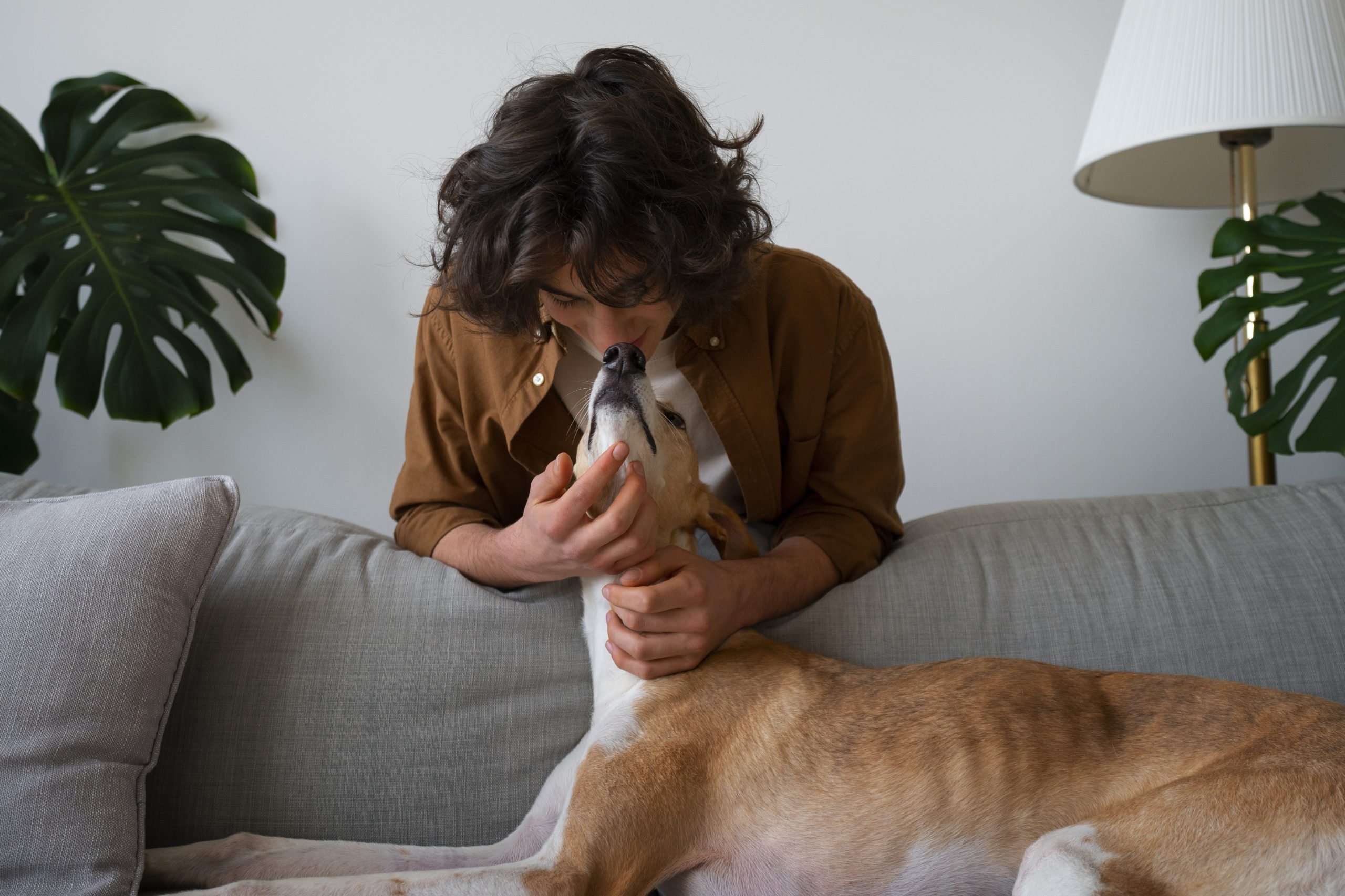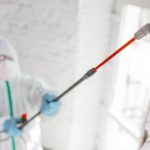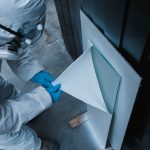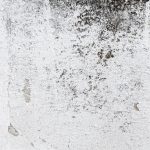
Pets & Mold: A Hidden Risk in Southwest Florida Homes
When most people think of mold exposure, they worry about how it affects them—allergies, respiratory problems, and long-term health. But if you’re a pet owner in places like Naples, Marco Island, or Bonita Springs, there’s another family member to think about: your pet.
Mold is a common issue in Collier and Lee County homes—especially after Florida’s rainy season or hurricanes. But many people don’t realize that mold can also affect dogs, cats, birds, and even small animals like guinea pigs. And just like humans, pets can suffer serious health consequences from exposure to mold spores.
Let’s break down what every pet owner should know.
How Mold Affects Animals
Pets, like humans, breathe in airborne mold spores. But their smaller lungs and frequent close-to-the-ground exposure (think napping on carpet or exploring under furniture) put them at a higher risk—especially in homes that recently experienced water damage or high humidity.
Mold Exposure Symptoms in Pets:
- Sneezing or coughing
- Wheezing or labored breathing
- Itchy skin or excessive scratching
- Runny eyes or nose
- Lethargy
- Loss of appetite
- Vomiting or diarrhea
- Behavioral changes (hiding, irritability)
In severe cases, mold exposure has been linked to neurological issues, lung infections, and even organ failure in animals.
Common Mold Hiding Spots That Affect Pets
You may not see visible mold, but your pet may already be reacting to it. Mold often hides in:
- HVAC systems (especially window units)
- Carpets and area rugs
- Behind walls or baseboards
- Under sinks and bathtubs
- Dog beds or soft pet crates
- Laundry rooms and garages
Estero and Bonita Springs homes with older construction or past flooding are especially prone to hidden mold issues.
Why Florida Pets Are at Higher Risk
Florida’s tropical climate—heat, humidity, and frequent storms—creates the perfect breeding ground for mold. Homes in Naples, Marco Island, and Estero are often sealed for air conditioning efficiency, which traps moisture inside and makes mold grow faster.
If your home was impacted by a storm or flooding—even months ago—there may still be lingering moisture or mold growth that’s affecting your pet’s breathing and overall health.
What to Do if You Suspect Mold Exposure
If your pet is showing unusual symptoms and your vet has ruled out other illnesses, consider a mold inspection of your home. QCI offers professional mold testing in Collier and Lee Counties, using advanced tools like moisture meters and infrared cameras to detect mold even in hidden areas.
You should also:
- Wash all pet bedding and toys in hot water.
- Replace air filters in your HVAC system.
- Vacuum frequently using a HEPA filter.
- Run a dehumidifier, especially in rooms where pets sleep or spend most of their time.
Safe, Pet-Friendly Mold Remediation
At QCI, we specialize in chemical-free mold remediation, using hydroxyl generators—a safe and eco-friendly solution for families with pets, children, and people with sensitivities.
Unlike harsh chemicals or foggers that can harm your animals, our process eliminates mold without leaving behind toxic residues. We’ll walk through your home, identify problem areas, and safely restore the air quality so you and your pets can breathe easy.
Serving Southwest Florida Pet Owners with Care
QCI proudly serves homeowners in:
- Naples
- Marco Island
- Bonita Springs
- Estero
- All surrounding areas in Collier and Lee Counties
If you’re worried about mold in your home and how it might be affecting your pets, don’t wait. The longer mold sits, the more it spreads—and the harder it is to clean up.
Protect your pets from hidden mold exposure.
Call QCI today at (239) 777-2875 or visit qci-online.com to schedule your professional mold inspection or air quality test.
We’re local, experienced, and we care about your whole family—including the four-legged ones.






